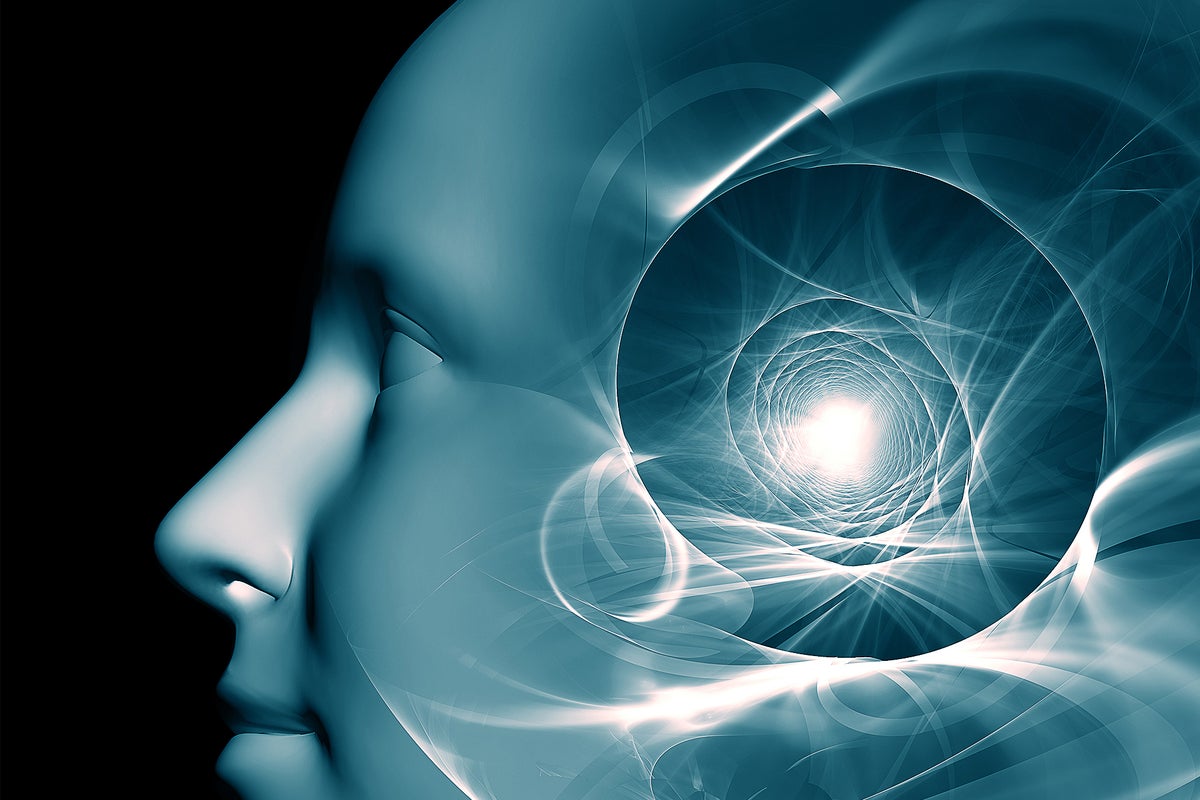dancindave
Verified User
So here’s human reproduction medical pseudoscience that is about as scientific as a fat jolly Santa Claus coming down the chimney…..One foot in front of the other
So here’s human reproduction medical pseudoscience that is about as scientific as a fat jolly Santa Claus coming down the chimney…..One foot in front of the other
This isn't scienceSo here’s human reproduction medical pseudoscience that is about as scientific as a fat jolly Santa Claus coming down the chimney…..
What part or parts of the pseudoscience aren’t science?This isn't science
I wasn't replying to thatWhat part or parts of the pseudoscience aren’t science?
(Sorry to bore you with the whole "science" thing. I sense that isn't one of the areas that you really dig, like reading too many words.)
Reverting back now to your predisposition to be insulting and derogatory?
Reverting back now to your predisposition to be insulting and derogatory?
Unfortunately, that's way too long to read.
Way too long too read.
Too long to read
So another Christian Nation SCOTUS Rehnquist Fourth Reich July “one nation under God with equal justice under law” Christmas as a jolly fat Santa Claus coming down a chimney & that human reproduction medical pseudoscience “man is God” suicidal super ego sociopsychopathogical homicidal human farming not so master race not so master plan genocide pogrom……Are you of the impression you are on a forum populated by neurobiologists? May I point out that your preference to just say "No one can explain it!" is useless in any discussion.
At least the scientific approaches provided so far provide a common understanding that all can observe objectively. Yours appears to be a wish-list for transcendence and not even an attempt to explain what is seen.
Angry on Christmas day?Huh? You CONSTANTLY tell me you don't like reading too much stuff. When I post a detailed post you tell me "too many words".
I honestly thought you didn't like reading much.

Angry on Christmas day?
Merry Christmas to youHuh? No. Actually wanted to wish you a Merry Christmas.
Perhaps "Happy Holidays"?
I've read most of the major religious texts of the world, and I attempt to look for sources of truth independent of the atomic materialism of physicalism, in literature, art, and philosophy.My point is explore the other dimension
There are zero legitimate scientists on the planet who can explain to me at the level of biology and chemistry what set apart Alexander the Great, Isaac Newton, or Abraham Lincoln as people of great ability and destiny compared to their forgotten peers of equal educational and social status.

That's not what I remotely meantI've read most of the major religious texts of the world, and I attempt to look for sources of truth independent of the atomic materialism of physicalism, in literature, art, and philosophy.
